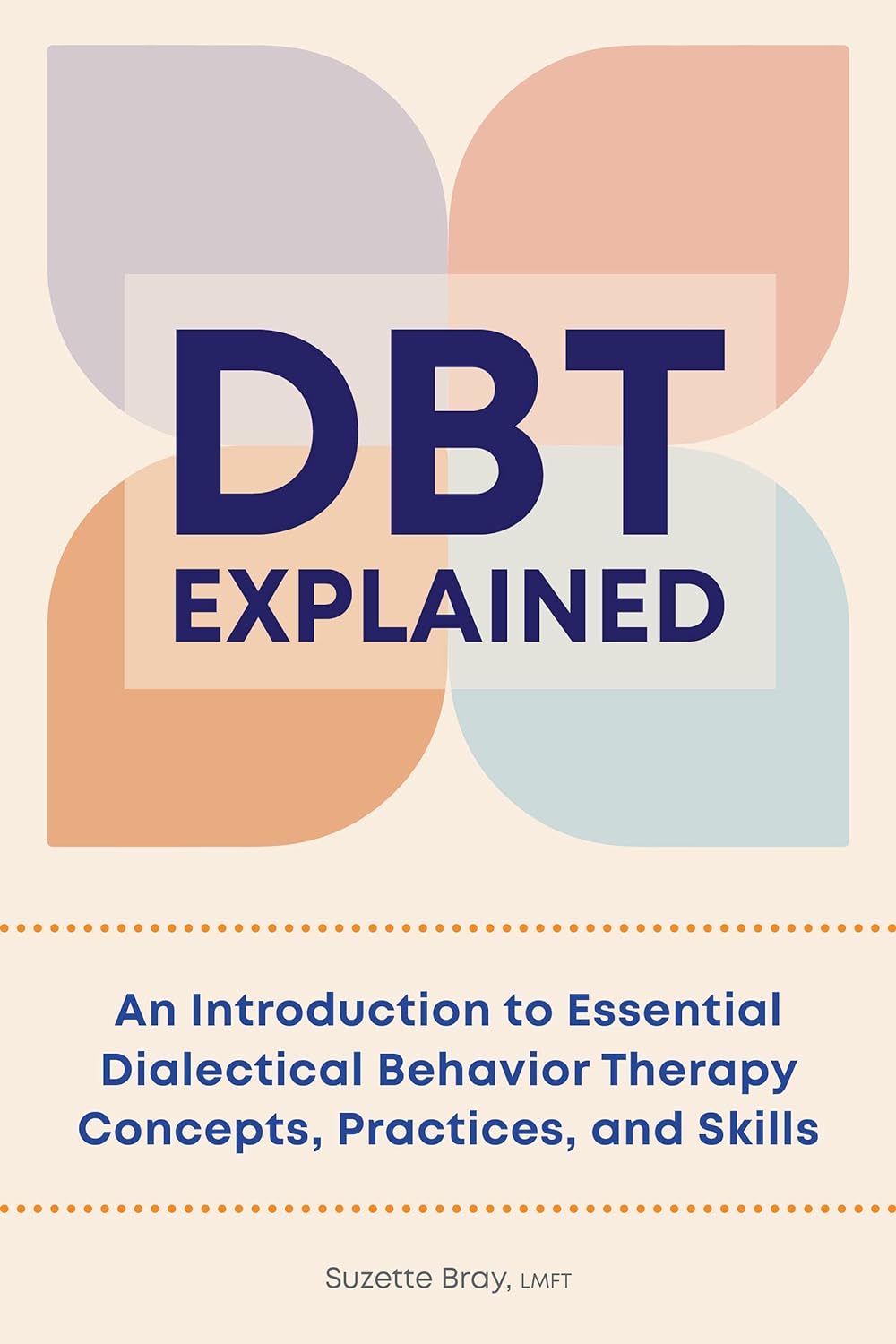DBT London: Directing You Towards Emotional Well-being and Stability
Wiki Article
Using the Power of Dialectical Behavior Therapy (DBT) Services for Lasting Emotional Equilibrium and Improved Relationships
In a globe where psychological wellness and keeping healthy connections are crucial elements of a satisfying life, the application of Dialectical Practices Treatment (DBT) services has actually arised as a sign of hope for many people. The organized and evidence-based technique of DBT uses a pathway in the direction of sustainable emotional balance and improved communications with others.Understanding the Core Concepts of DBT
Dialectical Habits Therapy (DBT) is established upon a set of core principles that underpin its healing approach to advertising psychological balance and emotional well-being. Among the basic concepts of DBT is dialectics, which stresses the synthesis of seemingly contrary concepts to reach a much more well balanced perspective. This entails acknowledging and accepting the contradictions and tensions within oneself, bring about a greater sense of consistency and understanding. Mindfulness is another core principle of DBT, focusing on being fully existing in the moment without judgment. By cultivating mindfulness, people can create an increased recognition of their thoughts, habits, and emotions, enabling for higher self-regulation and psychological control.Validation is also important to DBT, emphasizing the value of acknowledging and accepting one's experiences and emotions as valid. Through validation, individuals can learn to navigate their feelings with compassion and understanding, fostering self-acceptance and psychological growth. plays a crucial duty in DBT, highlighting the modification of maladaptive behaviors through support and skill-building. By including these core principles into treatment, DBT provides a reliable and comprehensive technique to advertising emotional wellness and psychological resilience. DBT London.
Establishing Emotional Law Abilities
Psychological regulation abilities are crucial elements of Dialectical Behavior modification (DBT) that allow people to successfully handle their feelings and browse challenging situations with strength. These skills encompass the capacity to identify and recognize one's emotions, endure distress, control intense sensations, and act based on individual worths also when faced with emotional chaos. Developing emotional regulation skills entails discovering mindfulness methods to stay present in the moment, comprehending the triggers that cause emotional dysregulation, and executing coping techniques to modulate emotional feedbacks.

With DBT solutions, individuals can grow a much deeper understanding of their feelings, identify patterns of actions that add to psychological distress, and obtain sensible tools to control their feelings constructively. By honing these skills, individuals can improve their emotional knowledge, enhance impulse control, and foster healthier partnerships. Eventually, understanding emotional guideline causes better psychological stability, boosted self-confidence, and an enhanced ability to browse life's challenges with calmness and versatility.
Enhancing Interpersonal Performance

One trick component of boosting interpersonal efficiency in DBT is finding out to identify and take care of emotions in social interactions (DBT London). By increasing emotional awareness, individuals can react to others in a more compassionate and understanding way. Additionally, DBT highlights the importance of practicing mindfulness in social connections, urging individuals to be present in their communications and totally engage with others

Practicing Mindfulness Techniques
Establishing a constant mindfulness technique is essential for individuals going through Dialectical Behavior modification (DBT) to cultivate emotional law and enhance their social performance. Mindfulness methods, a core element of DBT, involve taking note of the here and now minute without judgment. Via mindfulness, individuals can come to be more conscious of their thoughts, emotions, and physical experiences, permitting them to react to circumstances with greater clarity and control.
One more crucial element of practicing mindfulness in DBT is the idea of radical approval. Radical acceptance includes completely accepting reality as it is, even when it is agonizing or difficult. By approving the existing moment without judgment, individuals can lower their suffering and make area for favorable change.
straight from the source
Using DBT Methods in Life
Structure upon the structure of mindfulness strategies such as meditation and extreme approval, people can integrate DBT techniques right into their lives to promote emotional equilibrium and enhance their social skills. One reliable DBT strategy is using dialectics, which urges individuals to find the happy medium in between two opposing feelings or ideas. By exercising dialectics in day-to-day communications, people can learn to confirm their very own sensations while also considering the viewpoints of others. One more crucial DBT ability for life is distress tolerance, which involves finding out how to handle intense feelings without turning to hazardous behaviors. This can be accomplished through strategies such as self-soothing activities, diversion techniques, or boosting the moment. Get More Info Furthermore, interpersonal performance skills educated in DBT can aid people interact their needs assertively, set limits, and preserve healthy and balanced partnerships. By continually using these DBT methods in day-to-day live, individuals can experience sustainable psychological balance and improve their overall well-being.Verdict
In verdict, harnessing the power of Dialectical Behaviour Treatment (DBT) services can lead to sustainable emotional equilibrium and improved connections. DBT London. By recognizing the core principles of DBT, developing emotional guideline skills, boosting interpersonal efficiency, practicing mindfulness methods, and using DBT approaches in life, people can experience substantial enhancements in their overall well-being and relationships. The alternative method of DBT uses valuable tools and techniques for managing emotions and building healthier connections with othersPsychological regulation skills are navigate to these guys essential components of Dialectical Habits Treatment (DBT) that allow individuals to effectively handle their emotions and navigate difficult situations with strength.Through DBT solutions, individuals can cultivate a much deeper recognition of their emotions, recognize patterns of behavior that contribute to psychological distress, and acquire sensible devices to manage their sensations constructively.Developing a constant mindfulness practice is vital for people undertaking Dialectical Actions Treatment (DBT) to cultivate psychological law and enhance their interpersonal performance.Building upon the structure of mindfulness methods such as reflection and extreme approval, people can incorporate DBT approaches right into their daily lives to foster psychological balance and boost their interpersonal abilities. By recognizing the core concepts of DBT, establishing psychological regulation abilities, boosting social efficiency, practicing mindfulness methods, and applying DBT methods in everyday life, people can experience considerable renovations in their general health and connections.
Report this wiki page